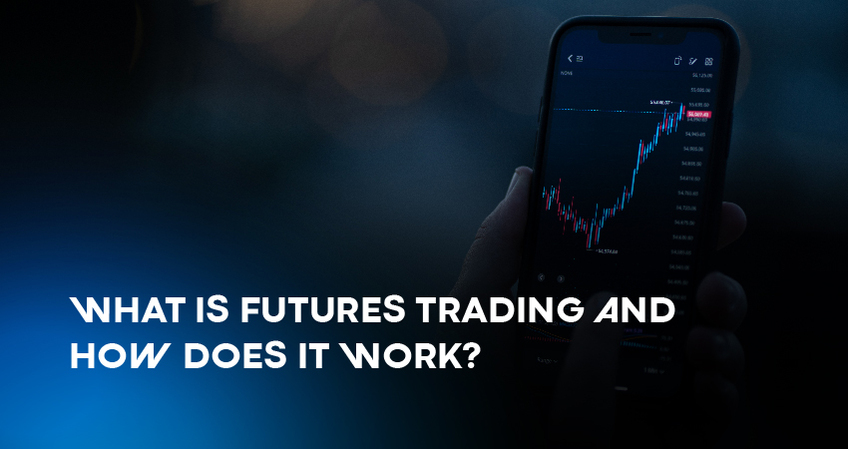What is Futures Trading and How Does it Work?
Futures are derivative financial instruments that represent an agreement between two parties to buy or sell an asset at a predetermined price and date in the future. These assets include commodities (such as gold, oil, or agricultural products), currencies, stock market indices, or even individual stocks.
Futures contracts are standardized, meaning they have predetermined specifications regarding the quantity and quality of the underlying asset, the delivery date, and the agreed-upon price. These contracts are traded on exchanges, facilitating liquidity and allowing investors and traders to participate in futures markets.
One key aspect of futures contracts is that they are designed to be settled at a future date, rather than immediately. There are two main types of settlements for futures contracts: physical delivery and cash settlement. In a physical delivery settlement, the underlying asset is physically exchanged between the parties upon contract expiration. On the other hand, cash settlement involves the transfer of cash based on the difference between the contract price and the market price of the underlying asset at the time of settlement.
Futures contracts serve several purposes in financial markets. They provide a means for hedging against price fluctuations, allowing market participants to mitigate risk. For example, a farmer can use futures contracts to lock in a future selling price for their crops, protecting against potential price declines. Additionally, futures contracts are widely used for speculative purposes, as traders aim to profit from price movements in the underlying asset without owing the asset itself.
Differences Between Options and Futures
· Futures contracts allow investors to buy or sell a specific financial asset at a predetermined price and date in the future. On the other hand, options provide the right, but not the obligation, to buy or sell certain investment instruments.
· An important distinction between the two is that the price of a futures contract can potentially drop below zero, allowing for negative prices. In contrast, options trading imposes a lower limit of zero, preventing the price from falling below that threshold.
· In terms of price sensitivity, futures contracts tend to experience less volatility compared to options. The value of stock options, for instance, can fluctuate unpredictably over time, making them more sensitive to changes in the underlying asset's value. This means that options can exhibit higher levels of price movement relative to changes in the underlying asset.
Factors That Influence Futures Prices
Several factors can influence the price of an underlying asset, which in turn can impact the pricing of futures contracts. These factors include:
1) Supply and Demand: The basic principle of supply and demand plays a significant role in determining asset prices. If the demand for an asset exceeds its supply, the price tends to increase, and vice versa.
2) Economic Factors: Economic indicators such as GDP growth, inflation rates, interest rates, employment data, and consumer sentiment can have a substantial impact on asset prices. Positive economic indicators often lead to higher asset prices, while negative indicators can result in price declines.
3) Market Sentiment and Investor Behavior: Market sentiment, driven by investors' emotions, perceptions, and expectations, can strongly influence asset prices. Positive sentiment and optimism can push prices higher, while fear and pessimism can lead to price declines.
4) Company Performance: For stocks, the financial performance and prospects of individual companies play a crucial role in determining their stock prices. Factors such as revenue growth, earnings reports, new product launches, management changes, and industry trends can impact the prices of specific stocks.
5) Geopolitical Events: Political and geopolitical events, such as elections, policy changes, trade disputes, wars, or natural disasters, can cause significant fluctuations in asset prices. These events can introduce uncertainty and impact investor confidence.
6) Commodity-Specific Factors: For commodity futures, factors such as weather conditions, supply disruptions, geopolitical tensions, government policies, and changes in demand from major consumers can affect prices.
7) Technological Advances: Technological advancements and innovations can disrupt industries and impact the prices of underlying assets. For example, advancements in renewable energy technology can influence the prices of fossil fuels.
8) Currency Exchange Rates: For assets denominated in foreign currencies, fluctuations in exchange rates can impact their prices. Changes in currency values can affect the competitiveness of exports and imports, impacting demand and pricing.

